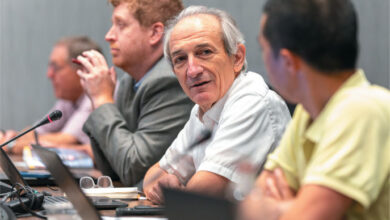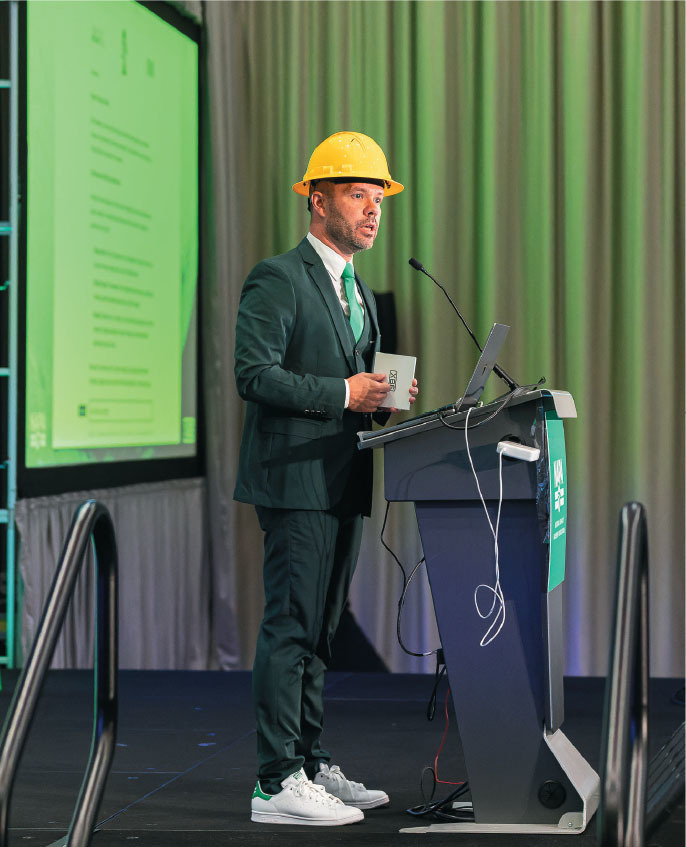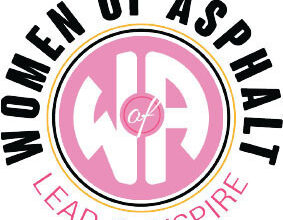Ferris State Facilities Promote Consistency in Pavement Training Across Michigan

BY CHUCK MACDONALD
In Michigan, people representing the Michigan Department of Transportation (MDOT), inspectors, asphalt producers and consultants are finding it easier to agree on what top-notch training is all about. The reason is that comprehensive training is being handled by the Institute for Construction Education and Training at a recently upgraded lab at Ferris State University in Big Rapids, Mich.
The upgrade was made possible through a $1 million donation from the Asphalt Pavement Association of Michigan (APAM). Ferris State is the only place in the state that sponsors this type of training. For people new to the industry, the lab will demonstrate how a lab should operate and what equipment would be needed. Last year some 1,600 pavement professionals attended the training and were certified.
“People who attended the training learned how to conduct successful field inspections, aggregate and asphalt inspections, plus other facets of road building,” said Dave Faber who runs the program at Ferris State. “Those who attended were given the skills to recognize what constitutes a good mix. Equipment is always evolving, so attendees were able to see what a state-of-the-art lab looks like.”
Faber believes this could result in more consistent testing equipment and consistent results across the state. He believes that the program also benefits the university. “The program brings notoriety to the school, since we are the only place in the state to provide the training and certification. It also is good advertising for the university and encourages people who are considering a career in road building to attend here.”
Brett Stanton, executive director of APAM, was pleased to see his members pitch in with MDOT to help create a high-quality lab. “The facility was being finished during COVID,” said Brett. “Construction projects were in progress at the time and people needed to be certified. Not only did the lab have the latest in equipment, but it was large enough that people could be socially distanced while taking the training.”
People in the industry need to be recertified every three to five years. When they come to the program at Ferris State, they will see what a lab should look like and how equipment should be cared for. They will also learn how to get accurate and repeatable results.
Both Stanton and Faber are relative newcomers to their positions. They point to their predecessors’ work for making possible the new program and equipment. John Bescey, former executive director at APAM, and Tom Larabel, former director of the program at Ferris State, did most of the work to get the institute going. “John and Tom collaborated on the vision to build the lab. They deserve much of the credit for how successful the program has been.”
Jim Klett was also a key player in the details and funding for the new lab. “I believe this new lab at Ferris State will bring consistency in testing across the state and eliminate much of the disagreements when it comes to penalties and bonuses in the industry.”
Because of the industry contributions, the school was able to add the following equipment to the lab: NCAT Furnace with Ignition Panel Upgrade, G1 Superpave Gyratory Compactor, Gilson Silent Sifters. The new lab also features a dedicated classroom, spacious lab facilities and specialized area for asphalt extraction.




